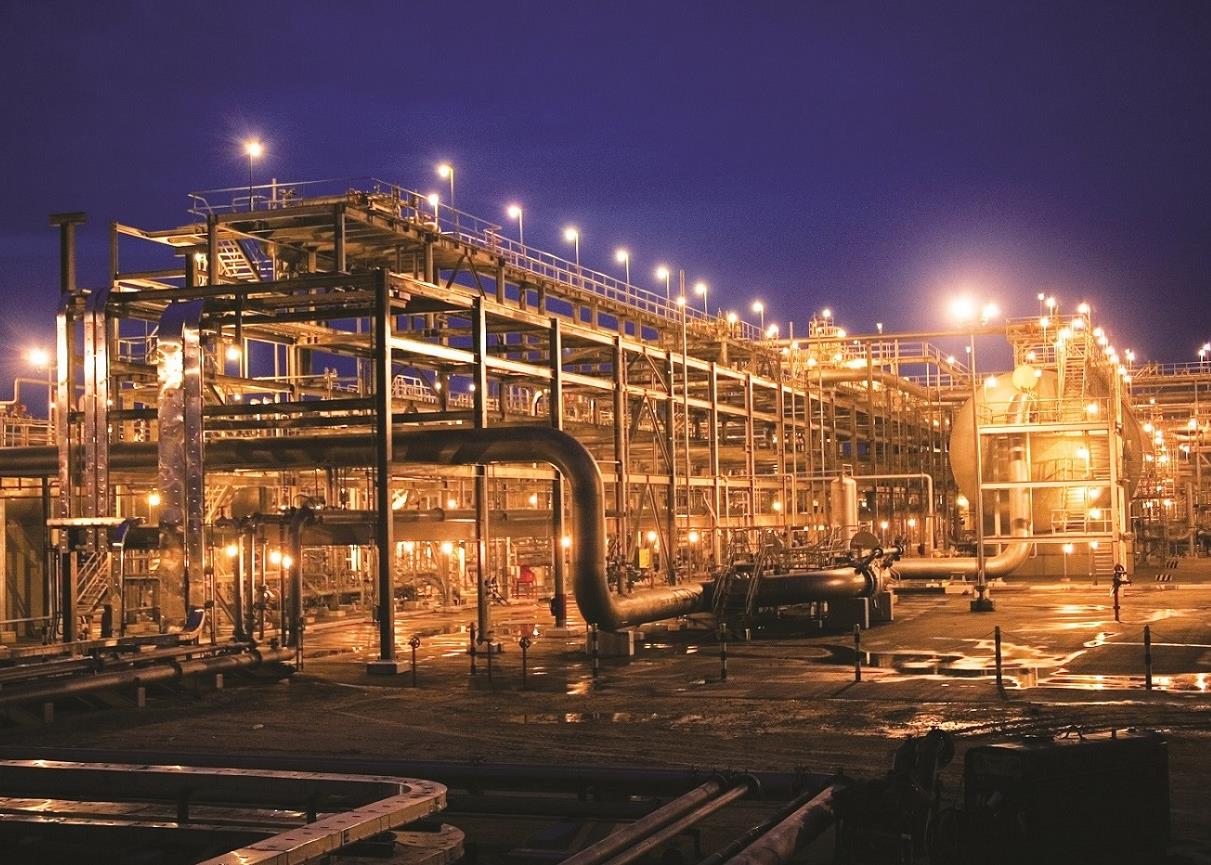
The events in Bahrain are at odds with the widely held perception of a passive citizenry content with generous state handouts and jobs
Before the second day of protests had ended in Bahrain, two people were already dead. Many more were injured and afraid to go to hospital for treatment because they feared being arrested.
The deaths only served to make protesters angrier. Calls from demonstrators shifted from social issues and complaints about jobs and housing, to shouts of “down with the police” and “down with the regime”.
The removal earlier this month of Hosni Mubarak, president of the Arab world’s most populous nation, has given people a new sense of confidence that anything is possible.
Although differences exist in the grievances expressed by protest movements that have emerged in Bahrain, Yemen, Jordan, Kuwait and Iran, essentially they all stem from feelings of repression by a wealthy ruling regime.
The Gulf’s citizens, often portrayed as uninterested in politics and easily bought off through state handouts and cushy government jobs, have shown themselves to be far more unhappy with the status quo than many thought.
At this early stage, it is unclear if the police will break the resolve of Bahrain’s protest movement or if the demonstrations will escalate and give confidence to citizens elsewhere in the Gulf to take to the streets.
If momentum does build further, Gulf states would be wise to show themselves getting ahead of the protest movement by engaging with some of the protesters demands. The people are rallying around calls for greater freedoms and more economic liberalisation.
Manama is ahead of the region in many ways, it found oil first and will run out of it first. It has also begun liberalising and embracing a limited democracy. Bahrain protesters say that simply buying them off with state handouts will not work. That is also a lesson for the rest of the Gulf, where healthy oil revenues make generous handouts more affordable. But the oil will not last forever and eventually change will have to come.
You might also like...

Aramco allows more time for MGS package revised prices
18 April 2024

Morocco tenders high-speed rail project
18 April 2024

Egypt resumes power cuts
18 April 2024

Petrofac awards carbon capture sub-contract
18 April 2024
A MEED Subscription...
Subscribe or upgrade your current MEED.com package to support your strategic planning with the MENA region’s best source of business information. Proceed to our online shop below to find out more about the features in each package.








